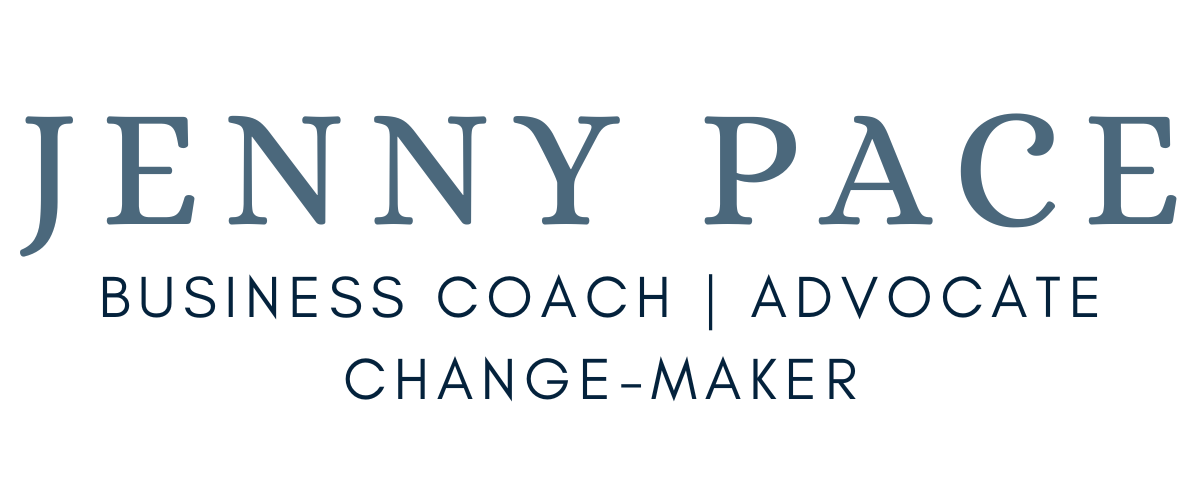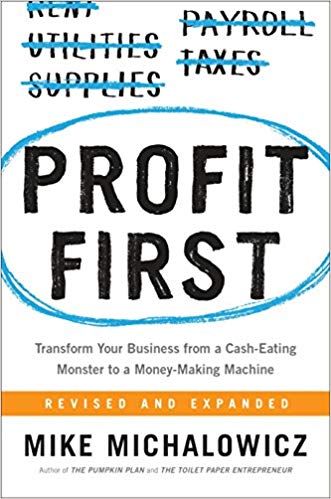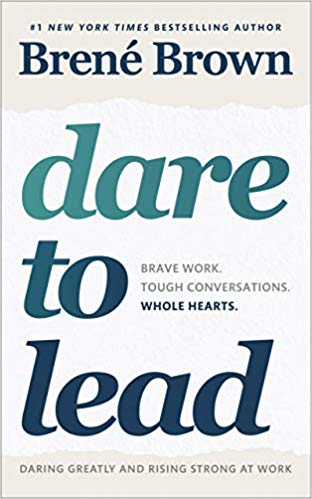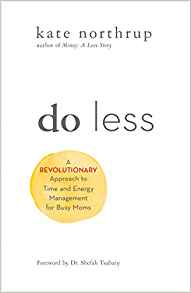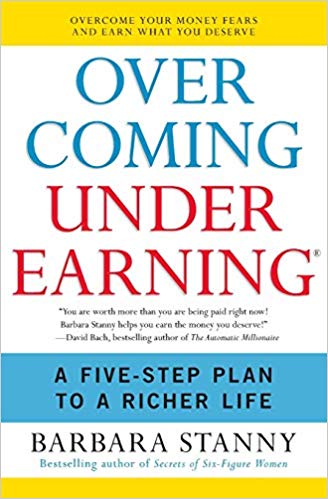I’m a big reader, and I often turn to books to clear my head as well as to learn, especially when it comes to business. I’ve put together a summer reading list for your business, made up of the books I’ve recommended to clients this year.
Whether you’re in need of some money miracles, self-belief, or a change of pace, these books have all helped me and my clients to make progress in our businesses.
Note: some of the links below are affiliates, so I may get a small payment if you buy through these links. I only recommend books I genuinely love.
Profit First by Mike Michalowicz
This is a fascinating re-think on how to structure the finances of your business. If you’ve taken Pricing for Profit and got your product prices in order, this book is a great way to take your business to the next level.
It’s a book about putting sustainability first, rather than hoping you’ll make money at the end of the year.
You can get the first couple of chapters for free here, as well as ordering the whole book below.
Dare To Lead by Brene Brown
I have been recommending Brene Brown on this blog for five years. Her work and her writing have changed my life and business in so many ways.
Her latest book, Dare To Lead, is great for business owners, influencers, people managers, and parents. It’s an inspiring and practical book that will have you thinking differently about how you step up in the roles you have in your life.
Do Less by Kate Northrup
Need a realistic view on how to sort out your time management? This is the book for you. Especially if you are a business owner and a parent.
Overcoming Underearning by Barbara Stanny
If you have consistently under-earned in your life – and you’re ready to change that fact – this is a fabulous book. It’s more about your money beliefs and experiences than a set formula to earn more, but you’ll find there are plenty of practical, actionable steps to change your relationship with money.
Enjoy your summer reads! Do you have a favourite book of 2019? Let me know!
